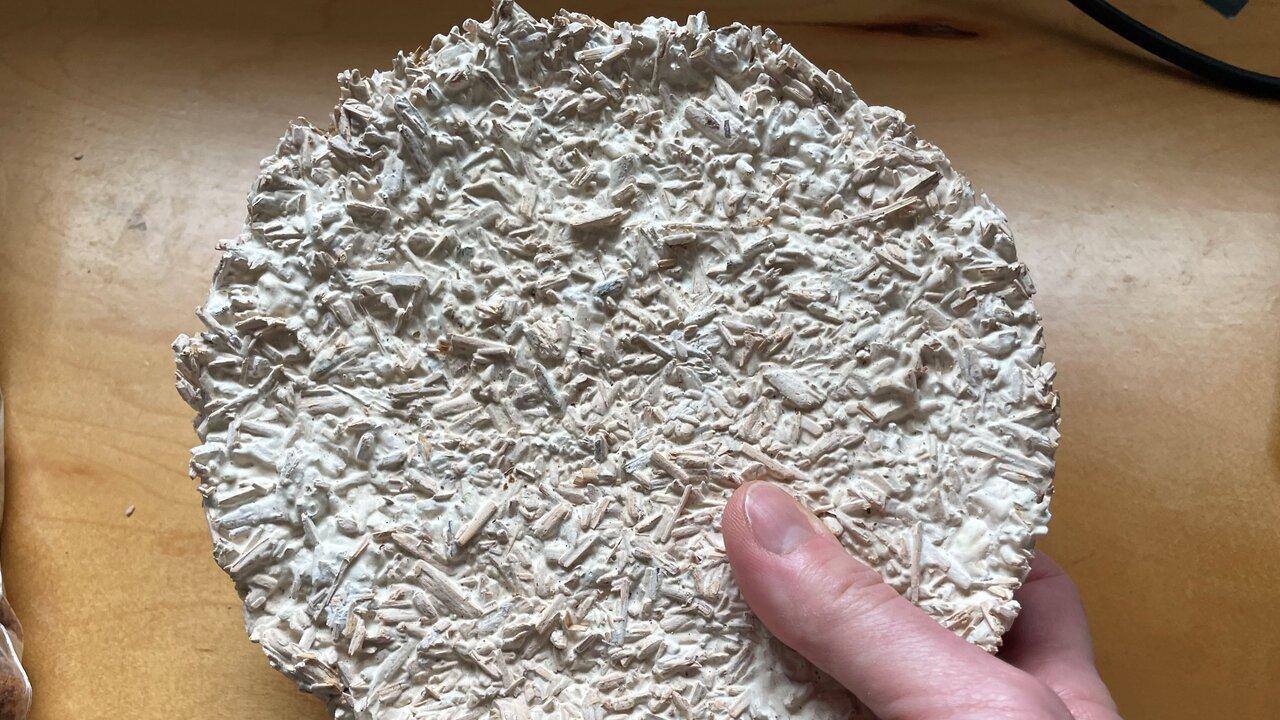
FST's Nitin Nitin and Ameer Taha were featured in a December 10th story by the College of Agriculture and Environmental Sciences, "Fungi to Save the World - How fungi roots might help build a sustainable planet".
The story explains how mycelium, the white filament-like root structure of mushrooms, might be an important building block of a more sustainable world. By growing mycelium with a biomass—anything from coffee grounds to leftover agricultural waste—researchers at UC Davis are creating sustainable structures that can be turned into everything from biodegradable plastics and circuit boards to filters that remove harmful antibiotic and pesticide residues from water.
Professors Valeria La Saponara (Mechanical and Aerospace Engineering), Nitin Nitin (Biological and Agricultural Engineering and Food Science and Technology), Ameer Taha (Food Science and Technology) and Katia Vega (Design) are working together on a new project funded by the Green Initiative Fund at UC Davis to learn more about how to grow mycelium structures and what they’re capable of.
You can read the complete story here: https://caes.ucdavis.edu/news/fungi-save-world
